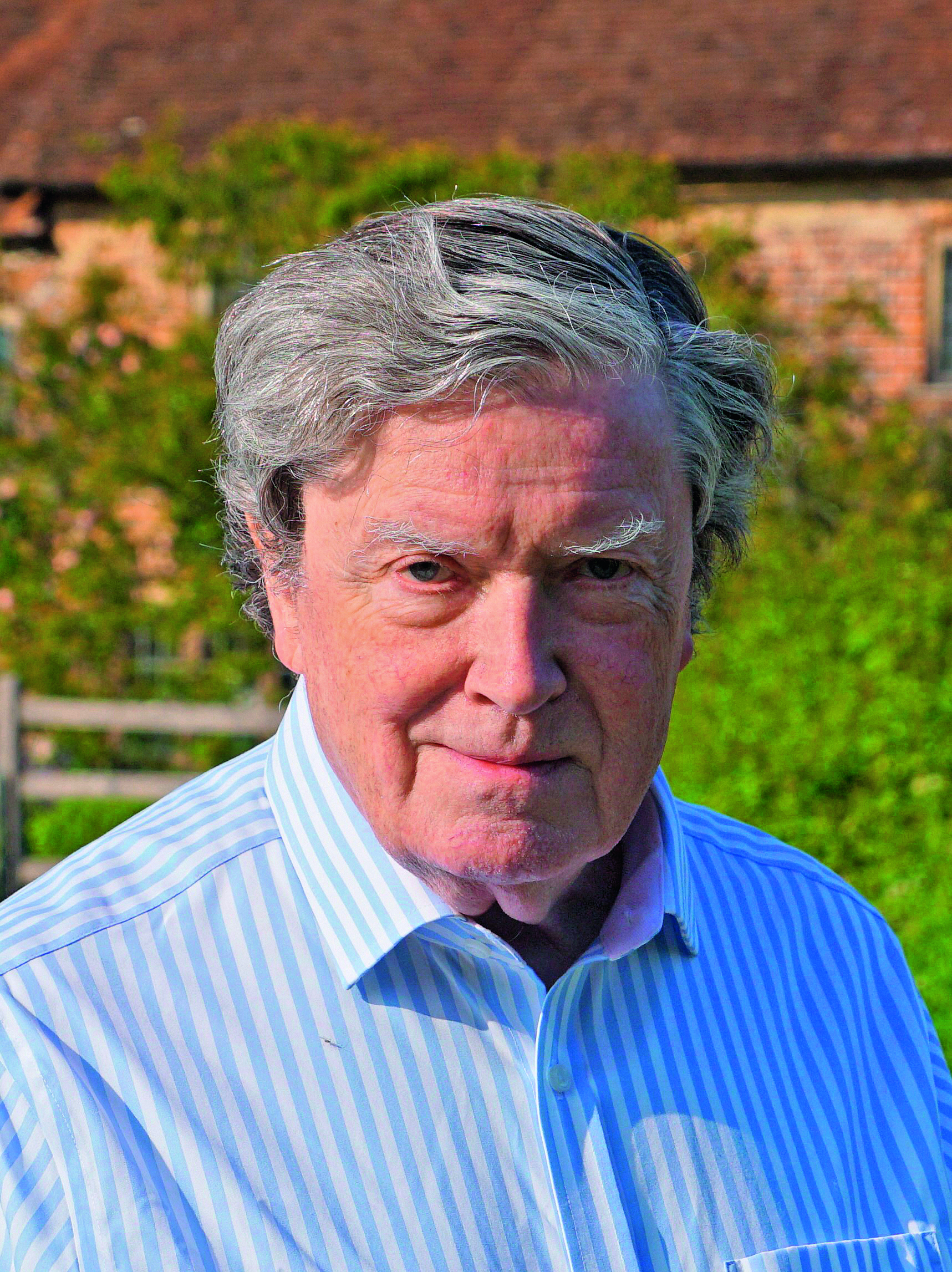'Knowledge, energy, creativity and enthusiasm... He's a sensation': Meet the golden boy of English horticulture
Charles Quest-Ritson meets the best of the next generation of gardeners tending to some of the nation's best gardens.
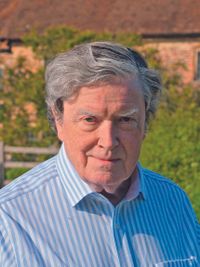
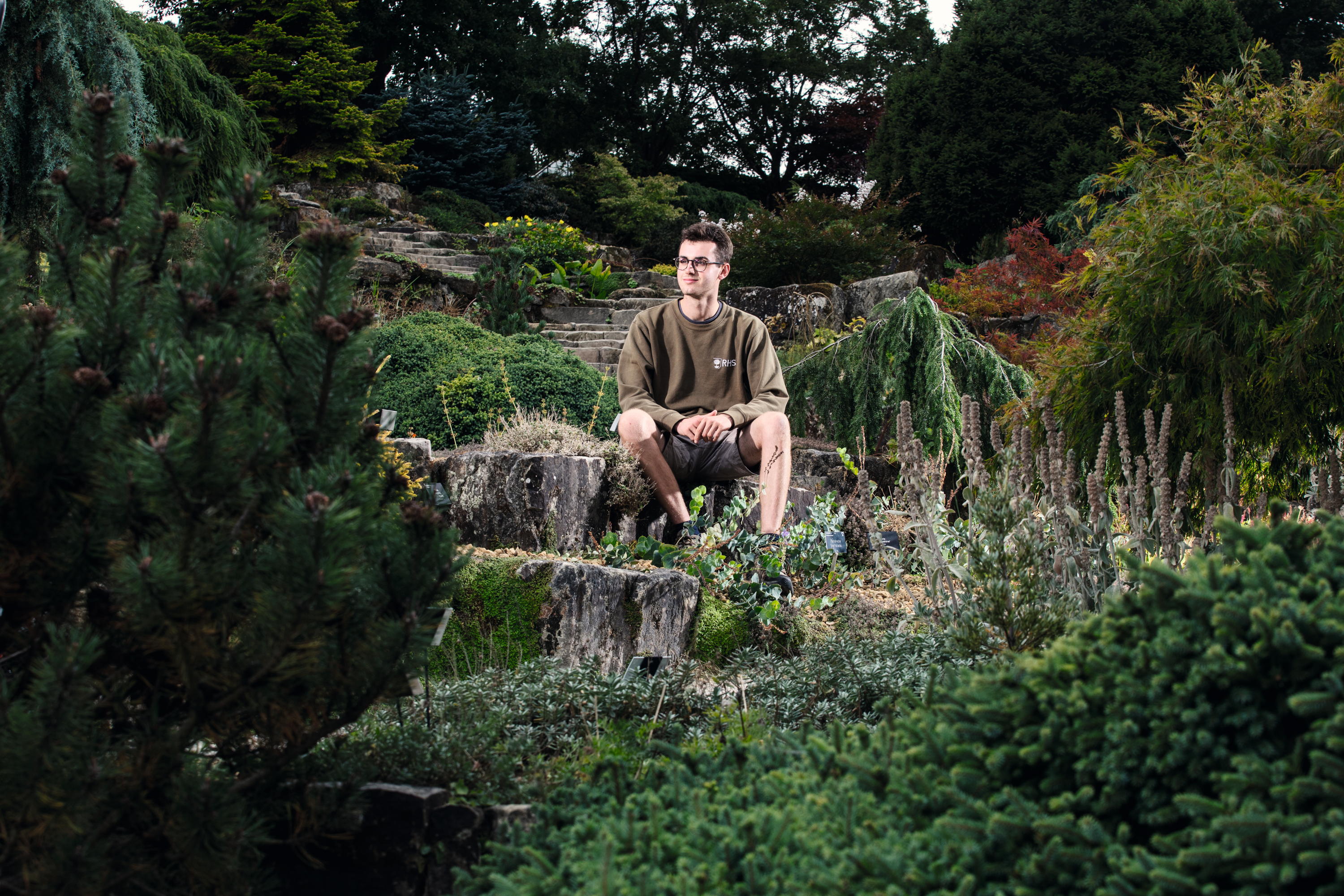
Exquisite houses, the beauty of Nature, and how to get the most from your life, straight to your inbox.
You are now subscribed
Your newsletter sign-up was successful
Unlike the majority of their forebears, gardeners today are much more likely to be university educated and have a sideline in Latin verse or academic publishing. Indeed, many come from a career in one of the professions — law, accountancy or teaching — but some of the brightest high-flyers are so fired by a love of plants and gardens that they pick up a trowel as soon as they graduate from their academic studies, sometimes before.
The three young gardeners we will celebrate in the coming weeks have all taken slightly different routes to the jobs they now hold, but all give thanks for the encouragement they received when training and working within a large professional organisation. Gardening is a discipline that combines rarified botany with plunging the hands into the soil. This is why horticultural knowledge is best disseminated by word of mouth from one generation to the next, the experience of a lifetime distilled into conversations and demonstrations in the garden and potting shed.
As such, the educational training schemes and bursaries offered by bodies such as the National Trust and the RHS — and by private gardens, such as Great Dixter in East Sussex — are essential to finding and nurturing future talent.
These three gardeners have been entrusted with significant responsibility at a young age. All have an instinct for good management, ready to muck in and work with their colleagues, encourage them and show how things can be done. Young they may be, but they stand to be counted among the great gardeners of the future. Our gardens are safe in their hands.
Jack Aldridge
In early 2025, Jack Aldridge received the RHS Roy Lancaster Award for individuals aged 35 or under who have made ‘an exceptional contribution to the practice, science or promotion of horticulture’. The measure of his achievement is this: he is only 23 years old.
The young Jack grew up in Hampshire and volunteered to work every Saturday for six months at the Trust’s Hinton Ampner for his Duke of Edinburgh Award. Head gardener John Wood encouraged him to learn and, in the event, he stayed for five years. Along the way, he acquired an allotment, became fascinated by propagation and began to raise plants and exchange them with other enthusiasts. After A levels, two years at RHS Wisley in Surrey brought him the RHS Diploma and the welcome offer of a job on graduation, working under Matthew Pottage, the inspirational curator of all Wisley’s gardens.
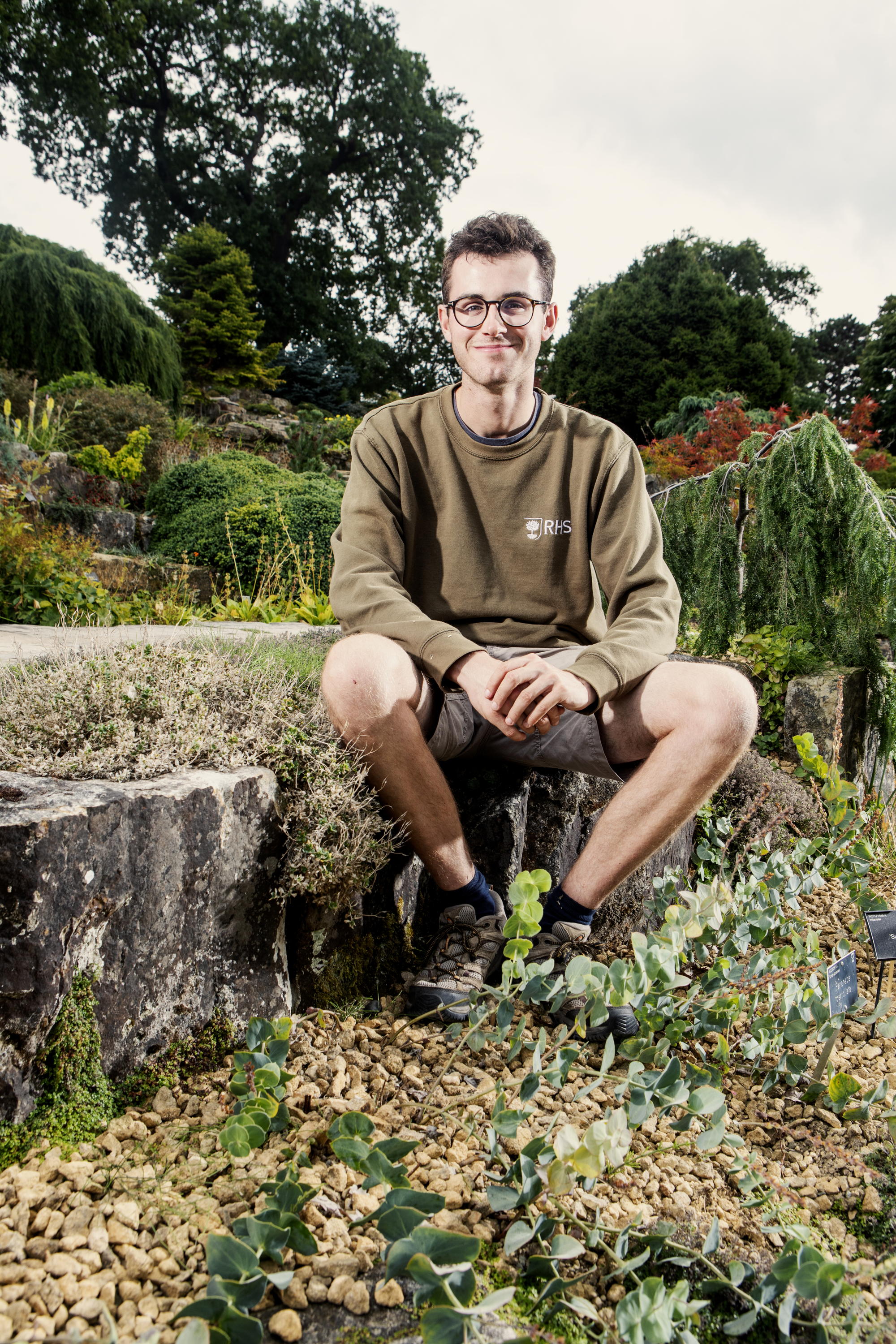
Mr Aldridge was immediately given charge of Oakwood, the oldest part of the garden, with a fairly free hand to improve the plantings. Overgrown trees were limbed up and the underplantings imaginatively intensified and diversified. Earlier this year, he applied for internal promotion to take over the Alpine department, including Wisley’s famous rock garden, managing four gardeners, students and volunteers.
Exquisite houses, the beauty of Nature, and how to get the most from your life, straight to your inbox.
Mr Aldridge lives and breathes plants, but he is by nature gregarious, a good networker and a dependable team member. His contemporaries regard him as a sensation — such are his knowledge, energy, creativity and enthusiasm, that they expect him to rise faster and further than themselves. His love of working at Wisley never wanes — ‘the ethos is always stimulating and satisfying,’ he says — and he cannot imagine life outside the RHS. He writes clear and stylish articles for its publications whenever the opportunity arises.
The youngest ever member of the Society’s Woody Plants Committee, Mr Aldridge is also the youngest trustee of Maurice Foster’s White House Farm Arboretum in Kent, with perhaps 50 or 60 years ahead to contribute to its wellbeing. Plantsmen who bemoan the modern emphasis on garden design and visitor facilities at the expense of proper gardening need have no fear. Multi-talented Mr Aldridge is a worthy successor to the most passionate of plant-lovers — the golden boy of future English horticulture.
Coralie Thomas
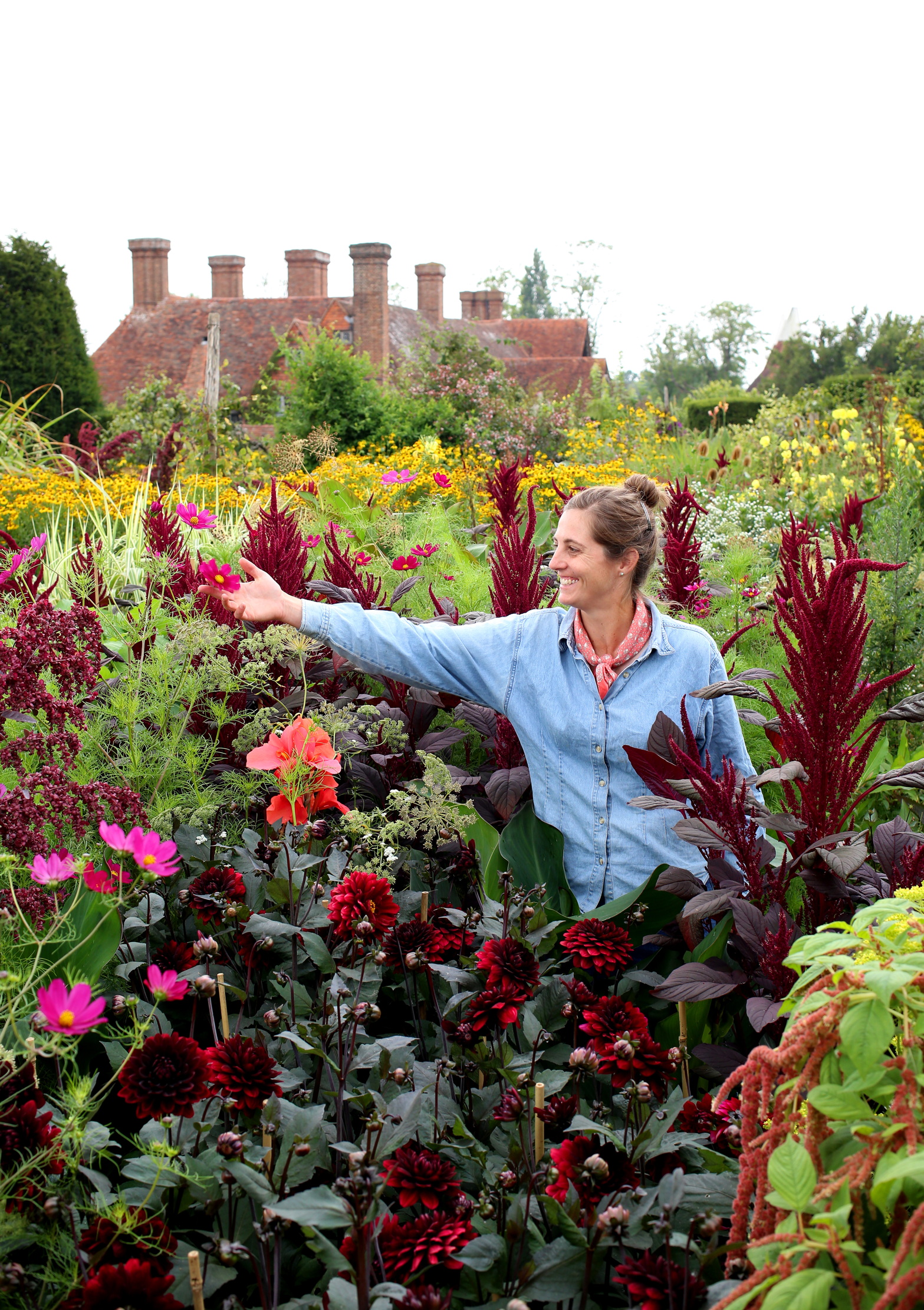
Coralie Thomas was 30 when she became assistant head gardener at Great Dixter. To put this achievement into context, you have to remember that the head gardener is that horticultural phenomenon Fergus Garrett, so being his deputy is one of the most enviable jobs in the whole world of gardening.
Coralie was born in New York, but graduated in politics and economics at McGill in Montreal, Canada, before starting an internship at Wave Hill, the sumptuous garden in the Bronx above the Hudson River in her home state, where she first acquired a passion for ornamental horticulture. As do all good students, she read widely and became intrigued by everything she learned about that remarkable English garden called Great Dixter — she loved its exuberant style of planting and wondered how it was designed and managed.
Her fascination led her to apply for a Chanticleer scholarship, awarded annually for one year of practical education in Dixter’s style of ornamental gardening. When her year was finished, she was invited to stay on full time.
'We are all still learning and we exchange our thoughts and observations constantly. The prerequisite is to have a curious mind'
Coralie works with a team of five, plus two part-timers and 10 volunteers, and she endorses Great Dixter’s collective style of gardening. The Dixter tradition is for all its gardeners to think and discuss ideas, every day, when working. ‘Everyone chips in… everyone does everything,’ she says. ‘We are all still learning and we exchange our thoughts and observations constantly. The prerequisite is to have a curious mind.’ Inspiration for Coralie still comes from Christopher Lloyd’s books and articles — he wrote his column in Country Life for nearly 40 years. ‘He was truly innovative,’ she avers.
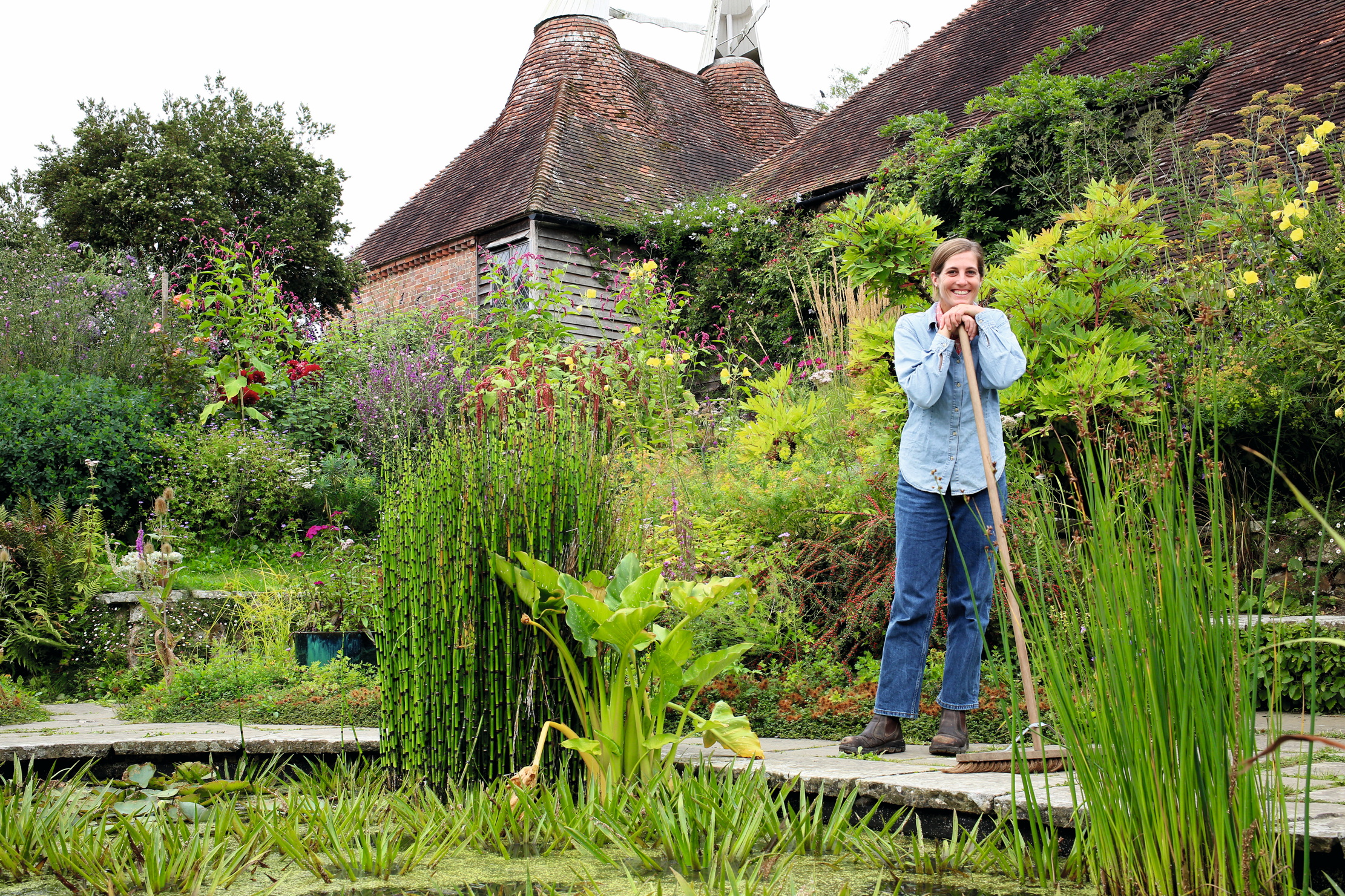
Great Dixter is famous for combining high-performance plants with a loose, wild, natural style of planting. ‘What makes it outstanding,’ Coralie believes, ‘is using them in an unusual or unexpected manner.’ The team works well together: Coralie infuses enthusiasm and leads by example. Her animated, easy manner is an asset, as are her quick thoughts and articulate use of language. Great Dixter gets better and better — she can already see the substantial development since she came for her scholarship — and much of the credit goes to her encouragement. ‘We have a great team,’ she notes.
In the course of time, Coralie met and married another Dixter student, James Horner, now the head gardener at Sir Cedric Morris’s garden at Benton End in Suffolk. One can but wonder what this horticultural power couple will be doing in 10 or 20 years’ time.
Sam Finch
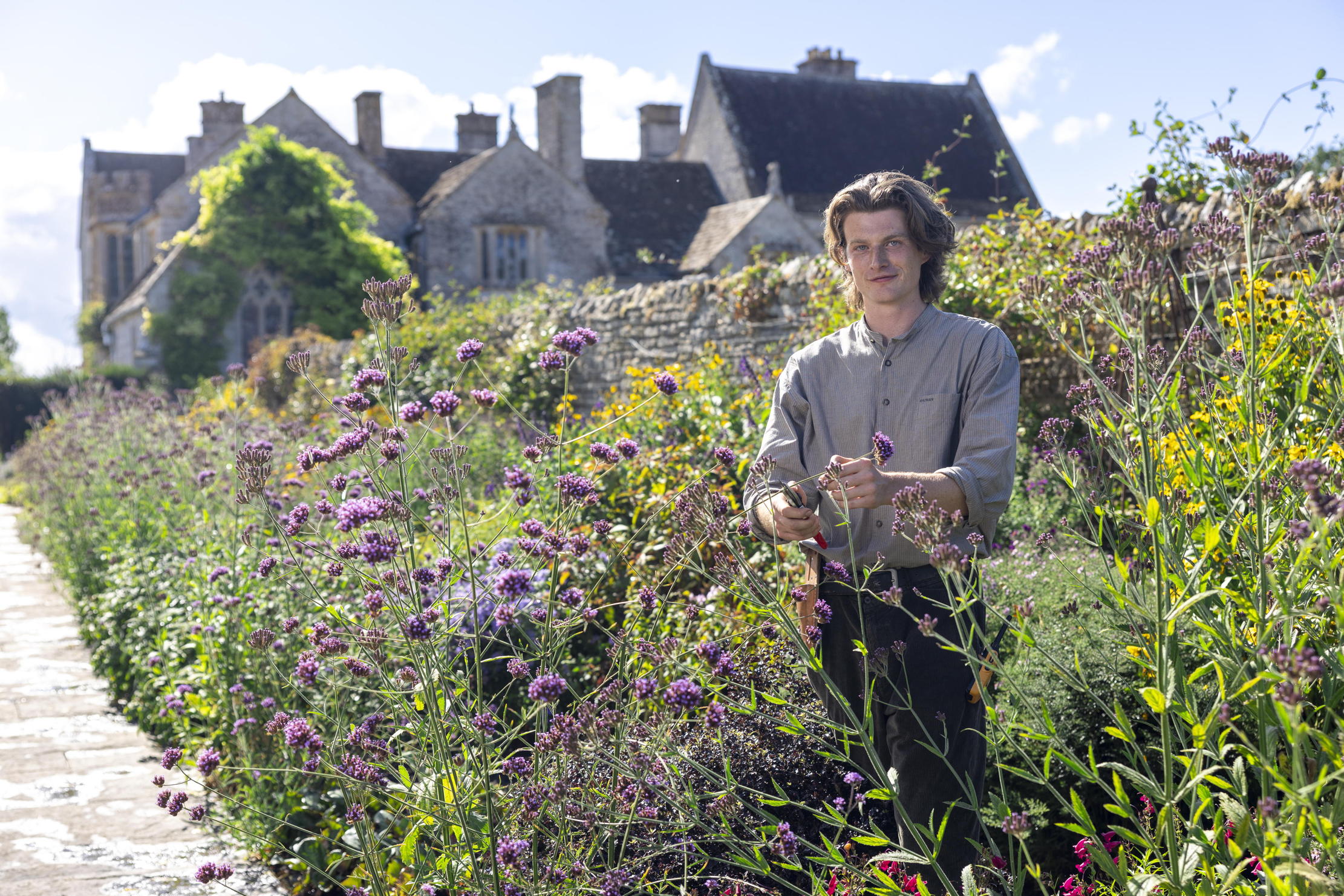
When Sam Hickmott married his fiancée last year, he decided to take her surname. The gesture was typical of the man: he defers to those he considers better than himself and his instinct is always to collaborate. Sam Hickmott is now Sam Finch, although some who remember him as the National Trust’s youngest ever head gardener occasionally forget his change of surname.
Sam’s journey towards celebrity had a confused beginning. He bunked out of his A-level course when he decided, at the age of 17, that academic study was incompatible with the outdoor life that he really enjoyed. He signed up for the RHS’s Level 2 Course and gained excellent all-round experience with a garden-maintenance firm in Bath. Then, he scooped a temporary management job at Prior Park, the National Trust’s landscape garden on the edge of the city, which stimulated an academic interest in garden history.
His next opportunity came late in 2021, when he applied to manage and improve two of the Trust’s Arts-and-Crafts gardens in Somerset: Tintinhull and Lytes Cary. The challenge was to rescue them from two seasons of neglect caused by the pandemic, manage a team of three employees, plus some 20 volunteers, and work with the property manager to develop the gardens.
'Gardening is a science, an art and a vocation combined'
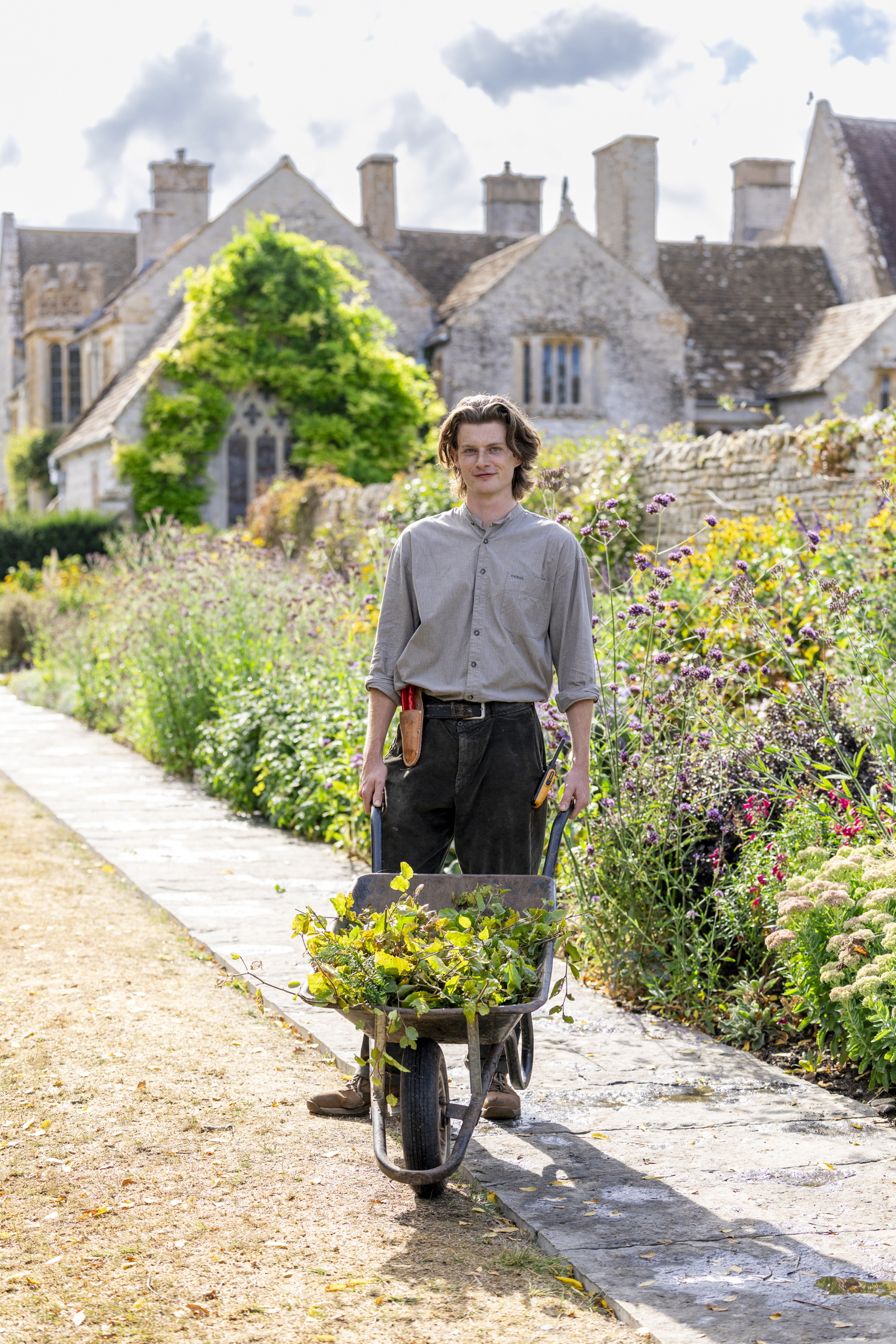
Those who remember the ups and down of both gardens know how successfully he has changed their fortunes. On his own initiative, he set his team to create a system of collecting rainwater at both properties to make automatic irrigation possible in hot summer weather.
Sam values the structure and discipline of the Trust — the long-term management plans, the study of a garden’s history and his access to the experiences of other head gardeners. He works diligently on budgets, compliance and liaising with colleagues in other departments. He says his career has given him ‘both a creative and intellectual outlet, and a means to continue learning and experimenting’. Earlier this year, he was runner-up in the UK’s Young Horticulturist of the Year competition, which he hopes to win before he is 30 in 2028.
‘Horticulture is not famously well paid,’ he points out. ‘Nor is it regarded as a skilled profession for ambitious, career-driven people. But gardening is a science, an art and a vocation combined.’ Sam reads widely and thinks deeply. One day, he will be a superb and inspiring manager of gardens at the highest level.
Charles Quest-Ritson is a historian and writer about plants and gardens. His books include The English Garden: A Social History; Gardens of Europe; and Ninfa: The Most Romantic Garden in the World. He is a great enthusiast for roses — he wrote the RHS Encyclopedia of Roses jointly with his wife Brigid and spent five years writing his definitive Climbing Roses of the World (descriptions of 1,6oo varieties!). Food is another passion: he was the first Englishman to qualify as an olive oil taster in accordance with EU norms. He has lectured in five languages and in all six continents except Antarctica, where he missed his chance when his son-in-law was Governor of the Falkland Islands.
